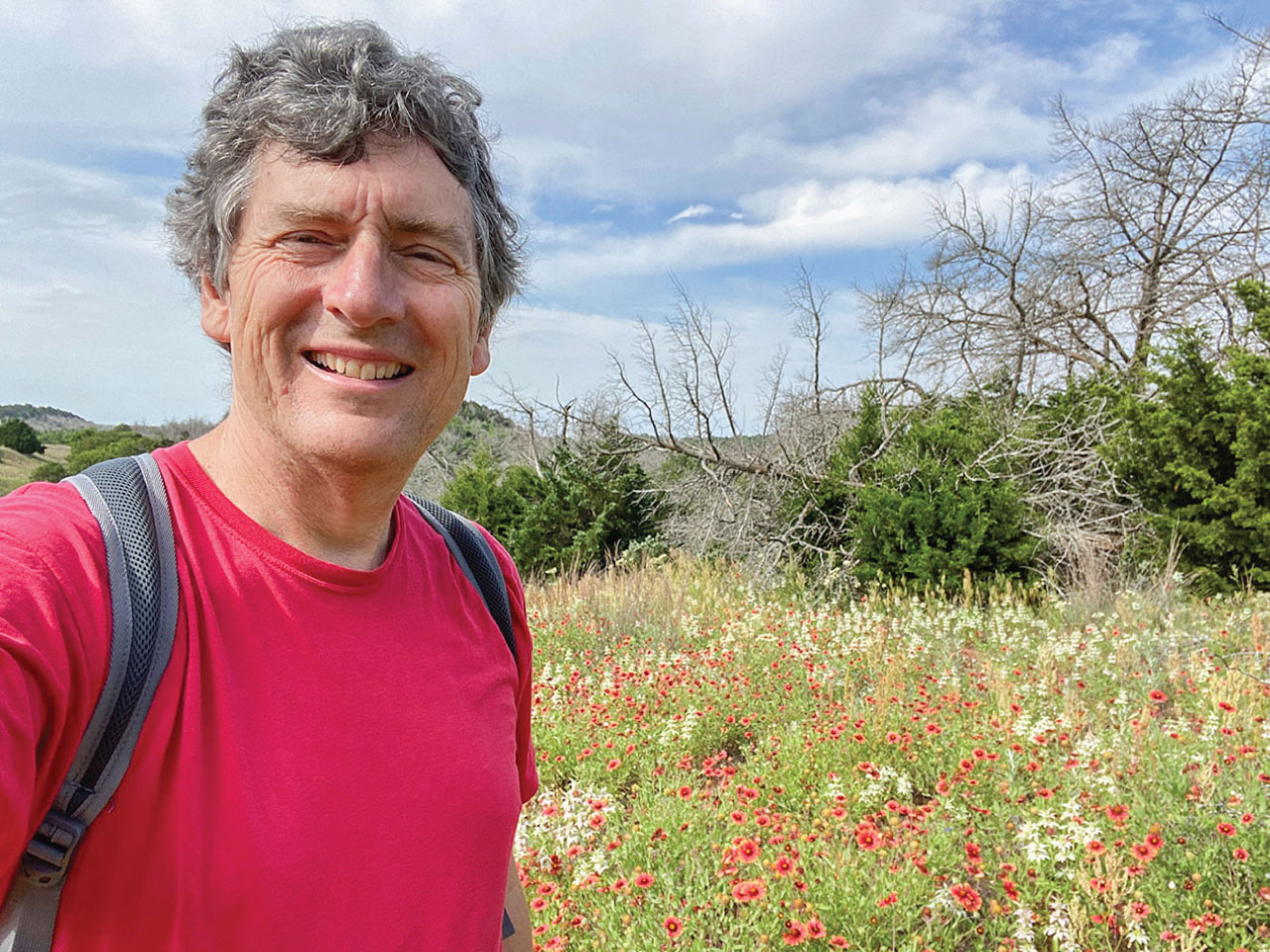Dr. Andrew Doust
Department of Plant Biology, Ecology and Evolution
Department of Plant Biology, Ecology and Evolution professor Dr. Andrew Doust joined OSU in 2007 and has been head of his department for the last four years. Doust’s research is on the biology, genetics, and environmental responses of grasses, with particular reference to the developmental genetics of how grasses branch, when they know to flower, and how they disperse their seeds. Some of Doust’s research concerns variation in natural environments or between species, whilst other projects target the interaction between humans and plants in the process of plant domestication.
The reduction of the natural propensity of grasses to disperse their seeds, known as shattering, is particularly interesting, as reducing or eliminating easy dispersal is the key to domestication. An early farmer would have a hard time growing a crop where all the seeds fell off before he could harvest! Studying shattering has led Doust and collaborators to realize that normal seed dispersal in grasses is achieved through an incredible variety of methods, including just the seed itself (in a very few cases), the seed plus bracts and/or branches, or even, in some grasses, by the entire plant. The genetics of seed dispersal is equally diverse, with every grass studied having more or less independent pathways controlling shattering. That has meant that in each cereal domestication, whether wheat, corn, rice, etc., human selection has targeted natural mutations in different genes. The Doust lab also studies genetic and morphological variation of grasses in natural environments, especially under the influence of changing climates. One project is using the widespread weed green foxtail (Setaria viridis) to explore the effects of climatic variation, latitude, and genotypic differentiation on geographical spread, while other projects explore the evolution of the genetic pathways controlling flowering time and control of lateral branching.
Doust takes introducing the amazing world of plants to non-believers very seriously, and regularly teaches the introductory Plant Biology course. The class concentrates on understanding the structure and function of plants and the response of plants to external stimuli, both in theory and experientially. He was instrumental in changing the lab from worksheet-based to an experimental, open-ended, student team led experience. He also works in close collaboration with Dr. Julie Angle, HES, in running an NSF funded Research Experience for Teachers summer program that combines experimentation with professional development and the cultivation of an understanding of the nature of science. The program has been running for nine years and involves both pre-service and high school science teachers.

